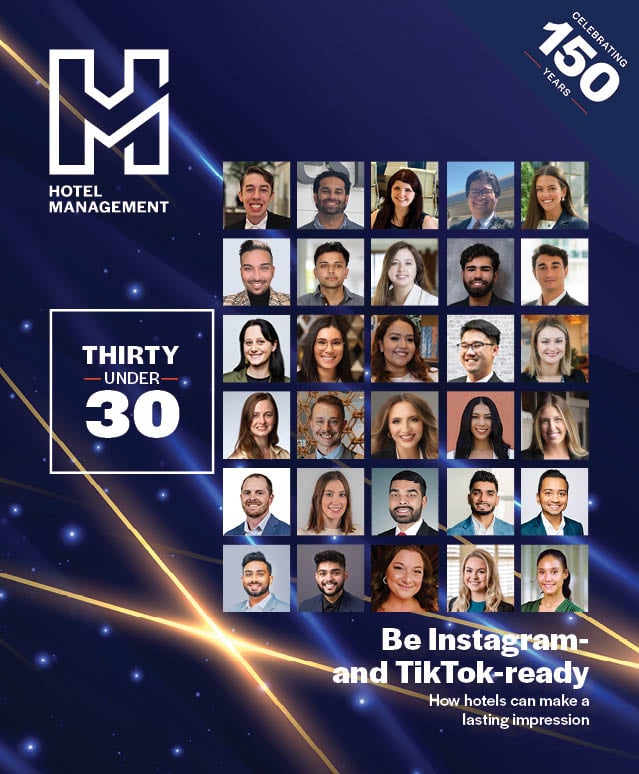Because the Internet is democratizing demand, hospitality demand is undergoing a paradigm shift from brand-centric to traveler-centric. Guests are no longer passive recipients of services but active participants in shaping their experiences.
Loyalty programs, once primarily focused on accruing points and benefits, are evolving to place the traveler at the center, emphasizing personalized and meaningful experiences. At this point, loyalty programs are table stakes. How a loyalty program helps travelers create a bespoke experience so they feel VIP is the next level of loyalty.
Loyalty Programs
While loyalty programs are becoming more valuable because of their sheer scale, the landscape is changing. The accessibility and ease of joining multiple loyalty programs means that almost everyone participates in these programs, diluting their exclusivity. Hotels need to think beyond traditional loyalty mechanisms and focus on super-personalized communication and service.
At a major hotel conference, a Brookfield executive suggested that Marriott's Bonvoy could potentially become its own independent entity. This is saying that the custom-made experience for guests may be just as powerful—if not more powerful—than the flags themselves. From tailored travel packages to exclusive events, Bonvoy places the traveler at the heart of its offerings.
The Traveler as the Hero
The overarching theme of this trend is to shift from brand/flag focus to guest focus. Your branding, design and service are not about the hotel name anymore. They are about you being the guide for the guest's heroic journey. The guest is the hero and they want to be at the center of the journey, always.
This is more than providing a concierge so guests can go to the hot new restaurant. Guests can likely get the VIP loyalty service from AMEX or the plethora of membership programs available to them. It's about creating a story and experience that they want to be a part of again and again.
Engagement and Fintech Tools
Consistent engagement is crucial for customer retention to make loyalty programs a preferred booking option. Many brands are investing in fintech tools like price alerts, price-drop guarantees and buy-now-pay-later options to enhance the booking experience. These tools help reduce booking inhibitions, smooth the reservation process and reduce the financial risk for travelers.
Brands are starting to figure out how to integrate AI into their loyalty programs, but the major fintech tool where we see an opportunity to create value is contactless payments (i.e., Apple Pay). With the modern traveler, it's about reducing friction. If they can extend their check-out to noon with a simple double-tap, they'll do so more often and hoteliers will generate more ancillary revenue.
Customer Experience Excellence: Key Drivers
A related topic from KPMG's Customer Experience Excellence report 2023-24 emphasizes the importance of various key drivers in enhancing customer satisfaction. The report identifies six primary drivers of customer experience and compares their perceived importance with actual satisfaction levels.

Travelers prioritize user experience and personalization, with 75 percent of U.S. consumers believing personalized offers would help them save money. However, only 28 percent of loyalty programs plan to invest in personalization in the near future, highlighting a gap that forward-thinking brands can capitalize on.
Traditional vs. Modern Loyalty Program Structures

The shift from brand-centric to "travel-hero" models represents a fundamental change in how loyalty is cultivated in the travel industry. As the industry evolves, it's vital that hotels tailor their branding and marketing so the guest wants to be part of their story.
The hotels and brands that will win in the long-term will make the guest the hero because the guest is part of all programs, but loyal to none. Ultimately, they're loyal to themselves based on their perceived and personal experience. The one constant thread in the modern traveler's experience is that it is no longer static—they are always connected and on-the-go.
This is an excerpt of a whitepaper entitled, "How the Next Generation of Travelers Are Changing Hotel Demand," produced by Gold Coast Hotel Partners.

